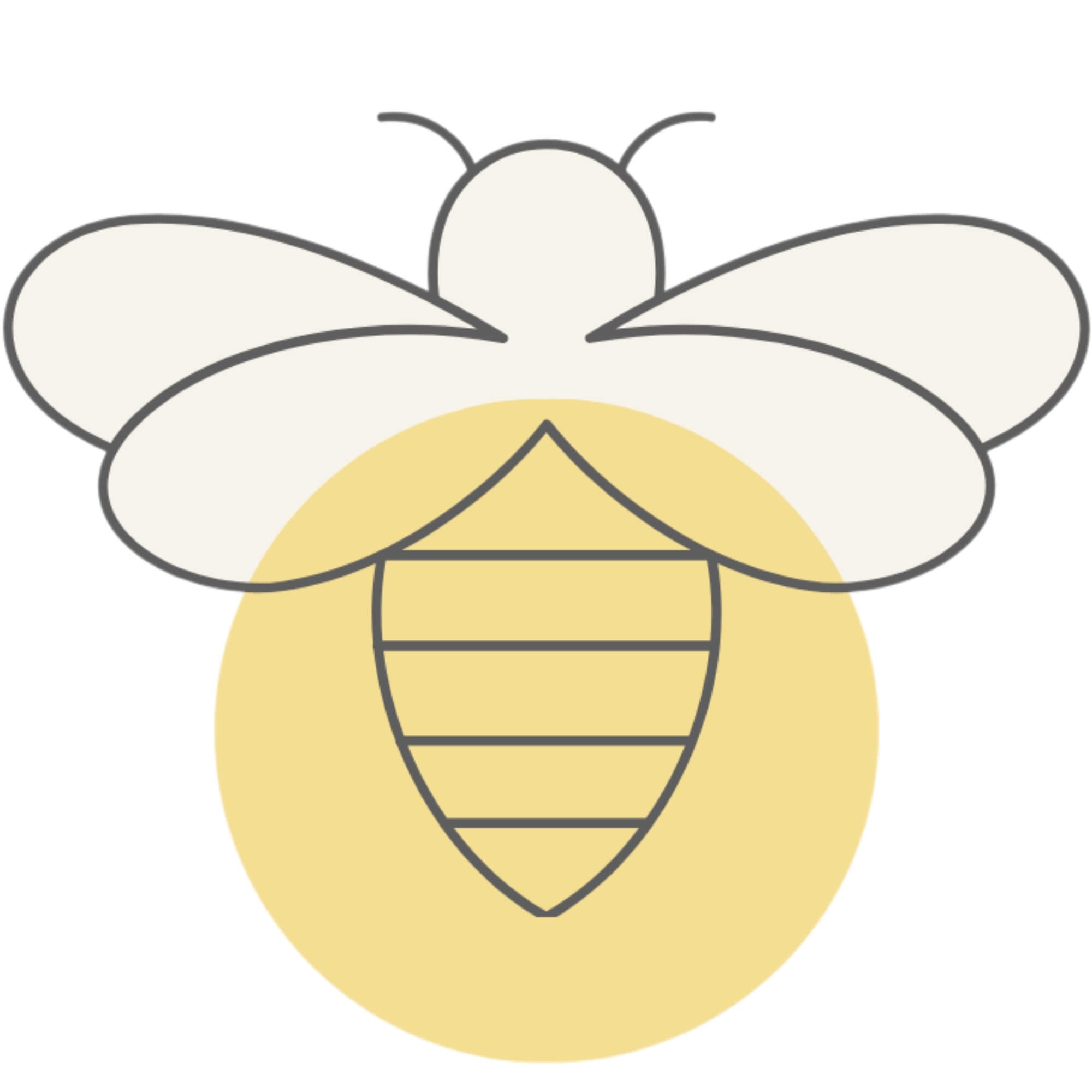In the vast tapestry of ecosystems that blanket our planet, few creatures are as crucial and as underappreciated as the humble bee. Often overlooked in the hustle and bustle of daily life, bees quietly go about their vital work, playing a monumental role in maintaining the delicate balance of nature. From pollination to biodiversity, these tiny insects are truly the unsung heroes of our Earth.
At the heart of their importance lies their unparalleled role as pollinators. Bees, with their fuzzy bodies and delicate wings, are adept at transferring pollen from one flower to another as they forage for nectar. This seemingly mundane activity is, in fact, the cornerstone of plant reproduction. Nearly 80% of flowering plants rely on pollinators like bees to reproduce, including many of the fruits, vegetables, and nuts that make up a significant portion of our diet.
Without bees, the intricate web of life that sustains us would unravel. Imagine orchards devoid of apples, fields barren of strawberries, and meadows stripped of wildflowers. The consequences would be catastrophic, not only for biodiversity but also for global food security.
But bees do more than just pollinate our crops; they also support entire ecosystems. By pollinating wild plants, bees facilitate the reproduction of countless species, from towering trees to tiny wildflowers. These plants, in turn, provide food and habitat for a myriad of other creatures, forming the foundation of complex food webs. Without bees to kickstart this cycle of life, entire ecosystems would collapse, leaving a barren wasteland in their wake.
Moreover, bees contribute to the economic well-being of communities around the world. The value of their pollination services is measured in the billions of dollars annually, supporting agriculture and sustaining rural livelihoods. Beyond their economic impact, bees also provide valuable products such as honey, beeswax, and propolis, which have been cherished by humans for centuries for their medicinal and culinary properties.
Despite their importance, bees face a myriad of threats in today's world. Habitat loss, pesticide exposure, climate change, and invasive species all take their toll on bee populations worldwide. As bee numbers decline, so too does their ability to perform essential ecological functions, putting our food supply and the health of our planet at risk.
Fortunately, there is hope. By raising awareness of the importance of bees and taking action to protect them, we can ensure their continued survival and the health of our planet. Planting bee-friendly flowers, reducing pesticide use, supporting local beekeepers, and advocating for policies that safeguard bee habitats are all meaningful steps we can take to help these buzzing heroes thrive.
In the end, the fate of bees is deeply intertwined with our own. As stewards of the Earth, it is our responsibility to cherish and protect these tiny yet mighty creatures that do so much for us. By recognizing the invaluable contributions of bees and working together to create a world where they can flourish, we can secure a brighter future for ourselves and for generations to come. After all, in the grand symphony of life on Earth, every buzzing bee is a vital note, harmonizing to create a melody of abundance and beauty.










Comments (1)
Thank you for sharing this article. I enjoyed reading through it.